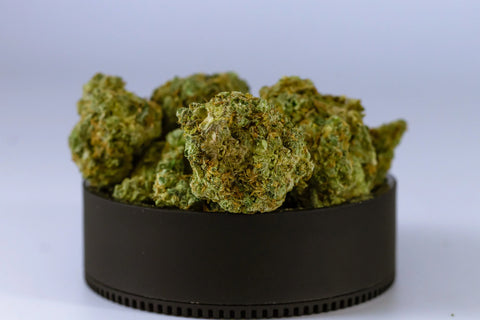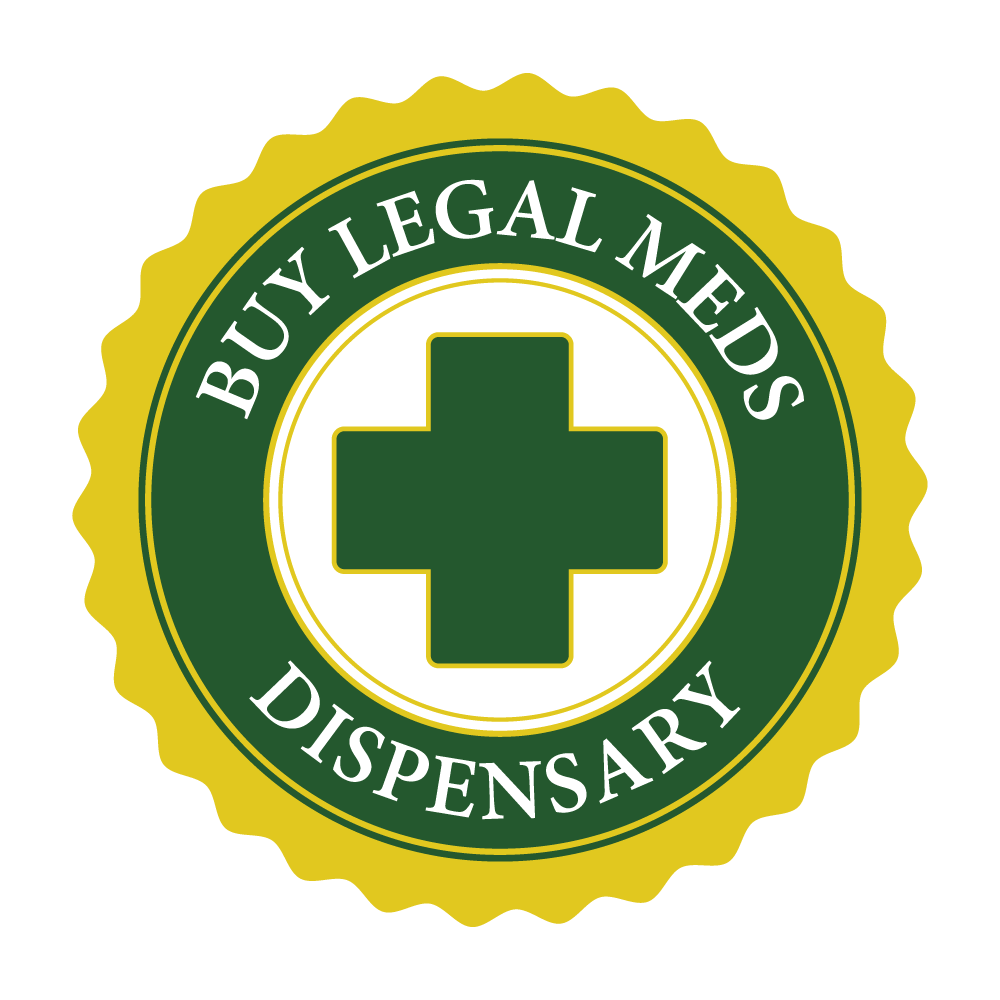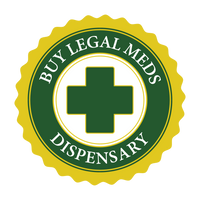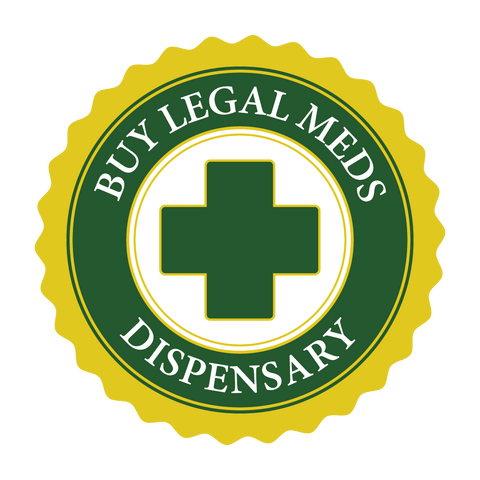Cannabidiol (CBD) and tetrahydrocannabinol (THC) are two natural compounds found in the hemp and Cannabis plants. These compounds interact with the body's endocannabinoid system, but have very different effects. CBD is found in hemp and cannabis plants and both sold in various forms, including oils, gels, extracts, and more. It does not produce the high sensation commonly associated with cannabis. On the other hand, THC is the primary psychoactive compound in cannabis that has a heightened sense. It can be consumed through smoking cannabis or through various products such as oils, edibles, tinctures, and capsules. While CBD and THC have the same molecular structure, the way the atoms are arranged gives them different effects on the body. THC binds to cannabinoid 1 (CB1) receptors in the brain, leading to euphoria.
On the other hand, CBD binds very weakly to CB1 receptors and can help reduce some of the unwanted psychoactive effects of THC. Regarding legality, CBD is still considered a Schedule I drug under federal law, but it is legal in many states for medical or recreational purposes. THC is also permitted for medical or recreational purposes in some states, but it is still illegal under federal law. Both CBD and THC have medical benefits and can relieve various conditions, but CBD does not have the psychoactive effects associated with THC. Some people may prefer to use CBD because of the lack of psychoactive effects and health benefits.

What's the difference between CBD and THC?
January 8, 2023Joe Vargas




